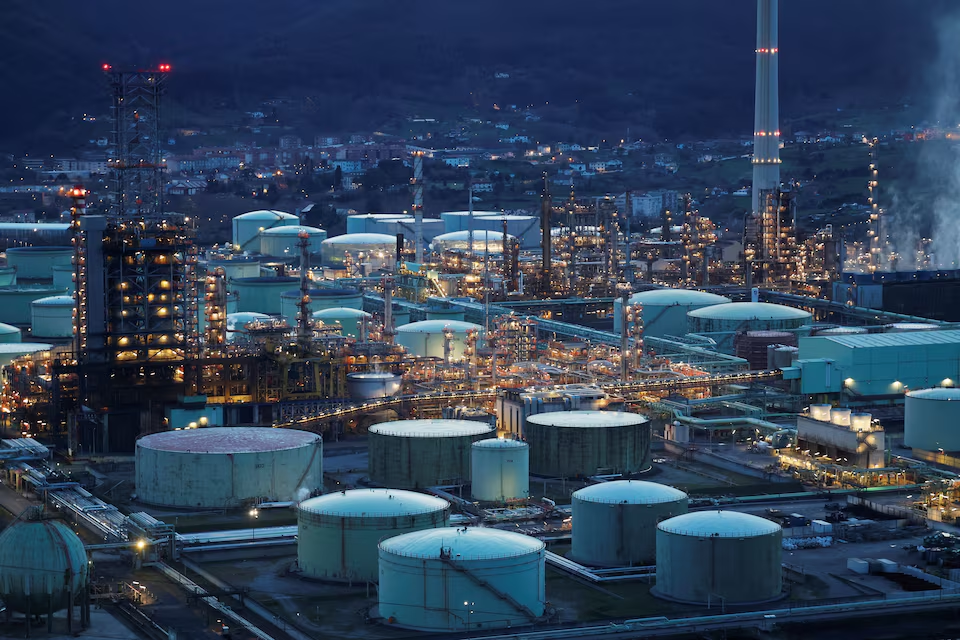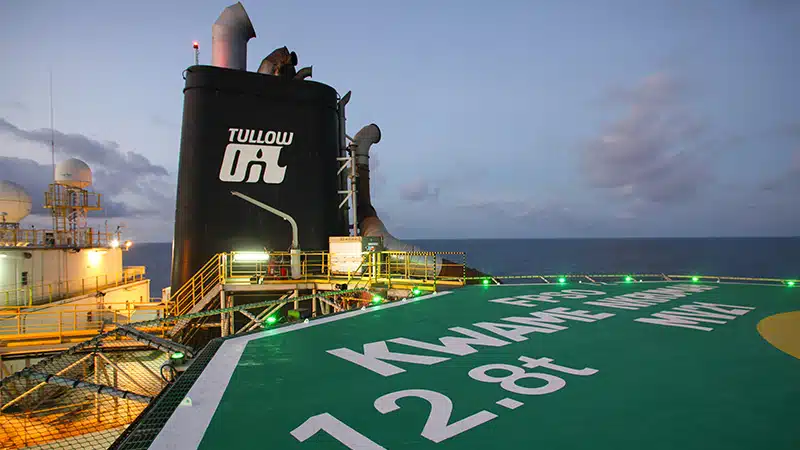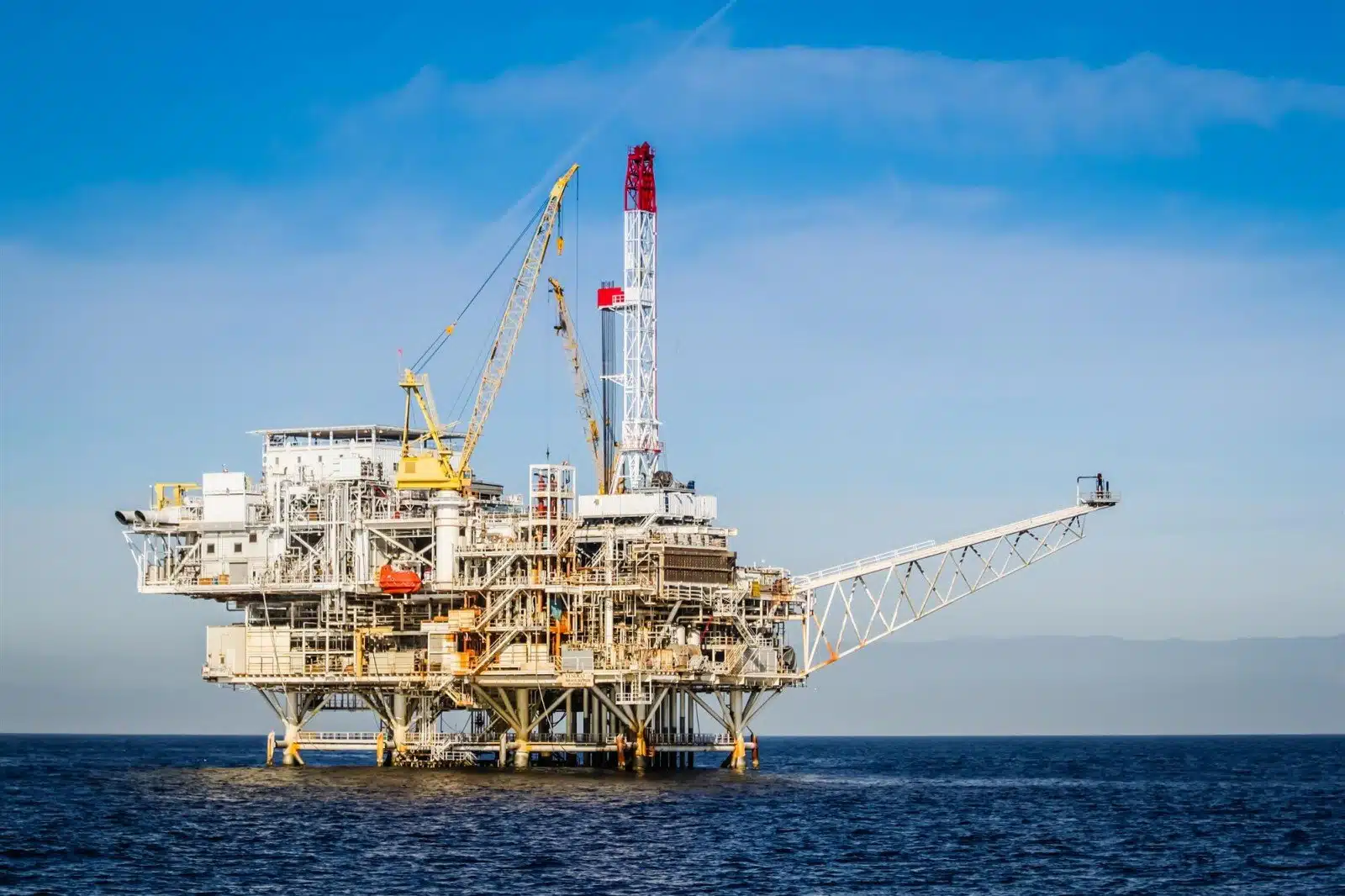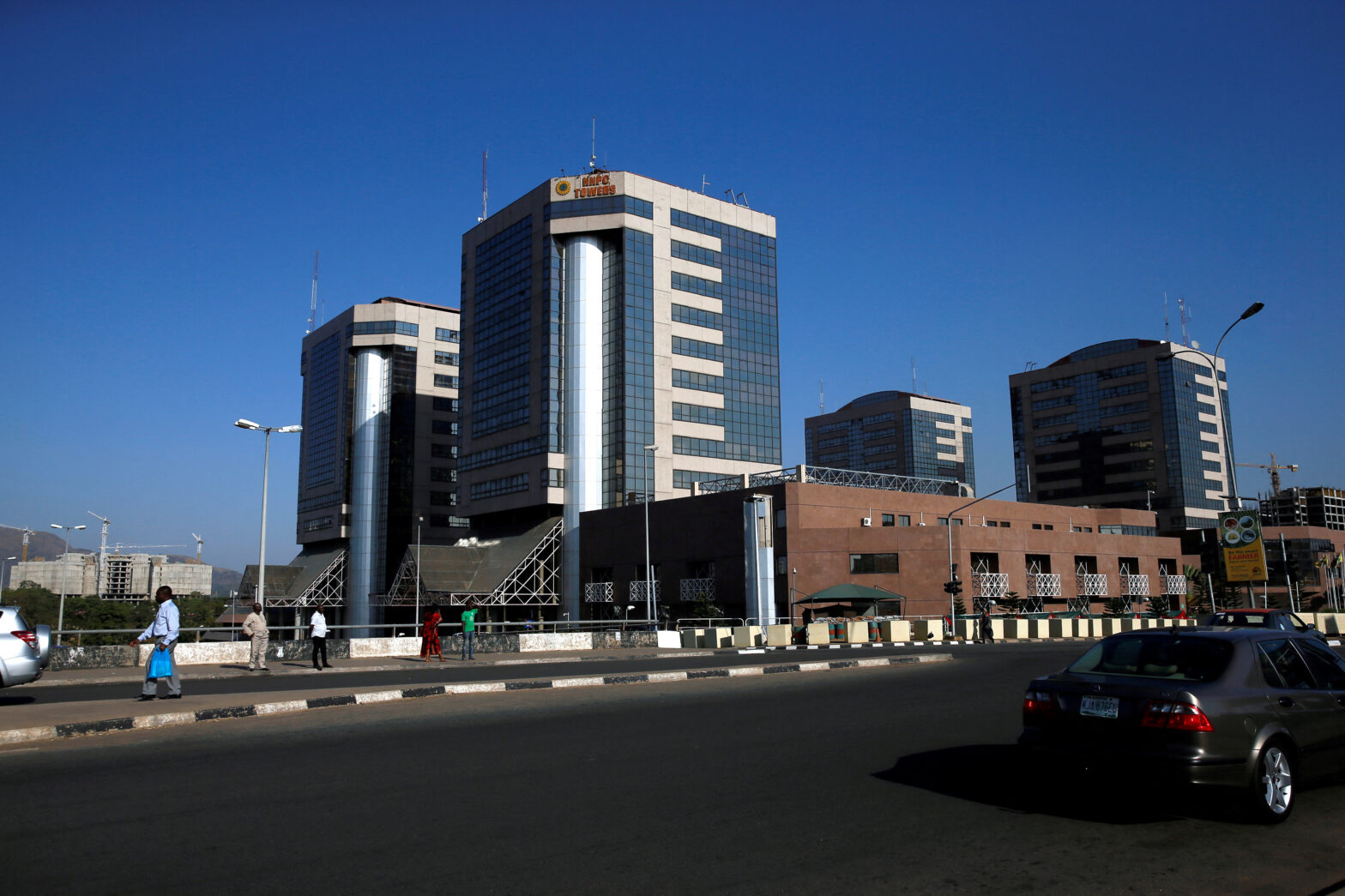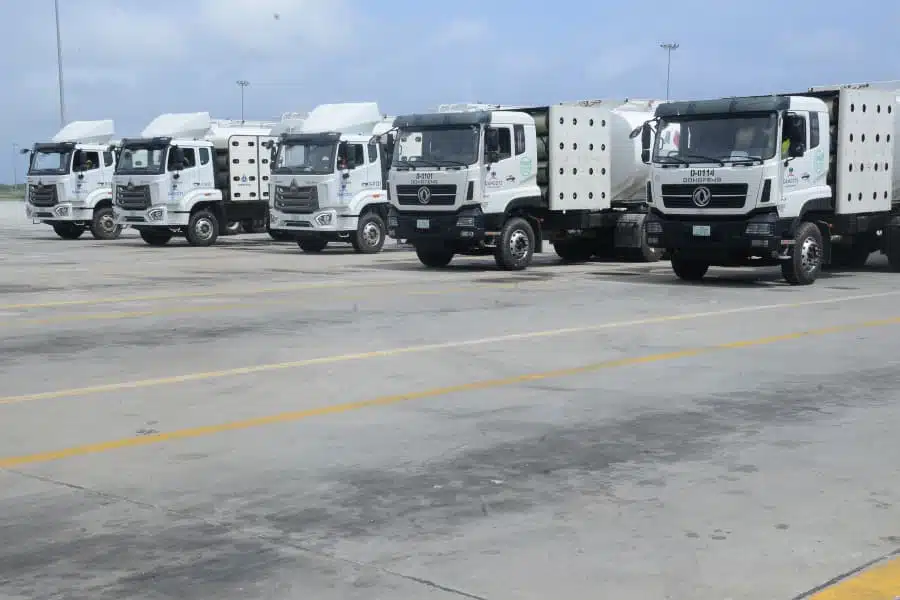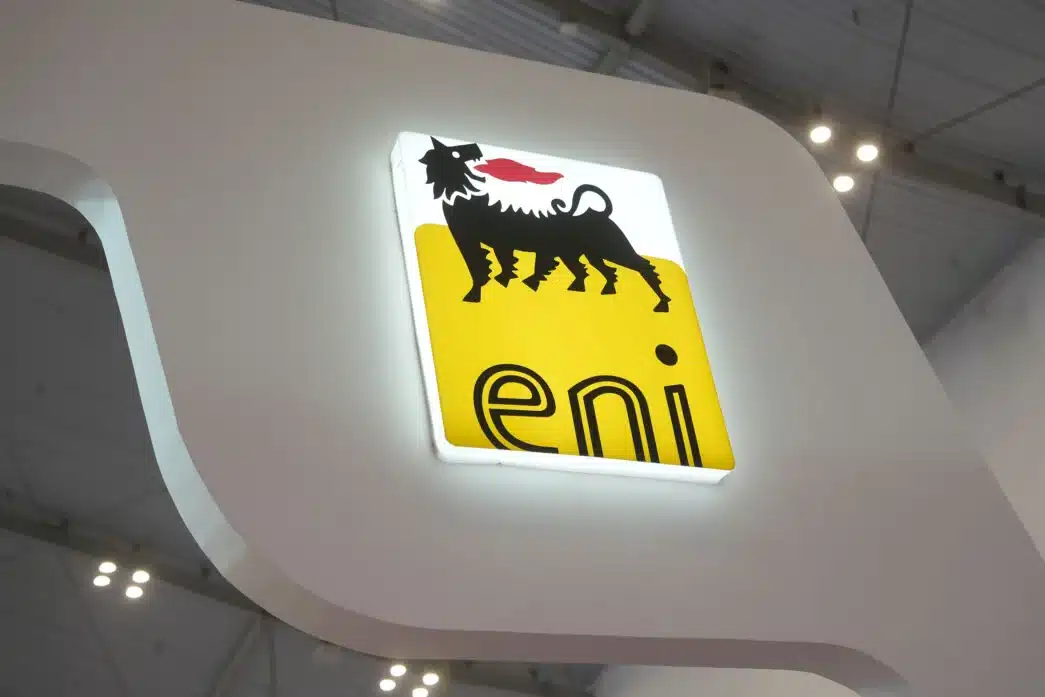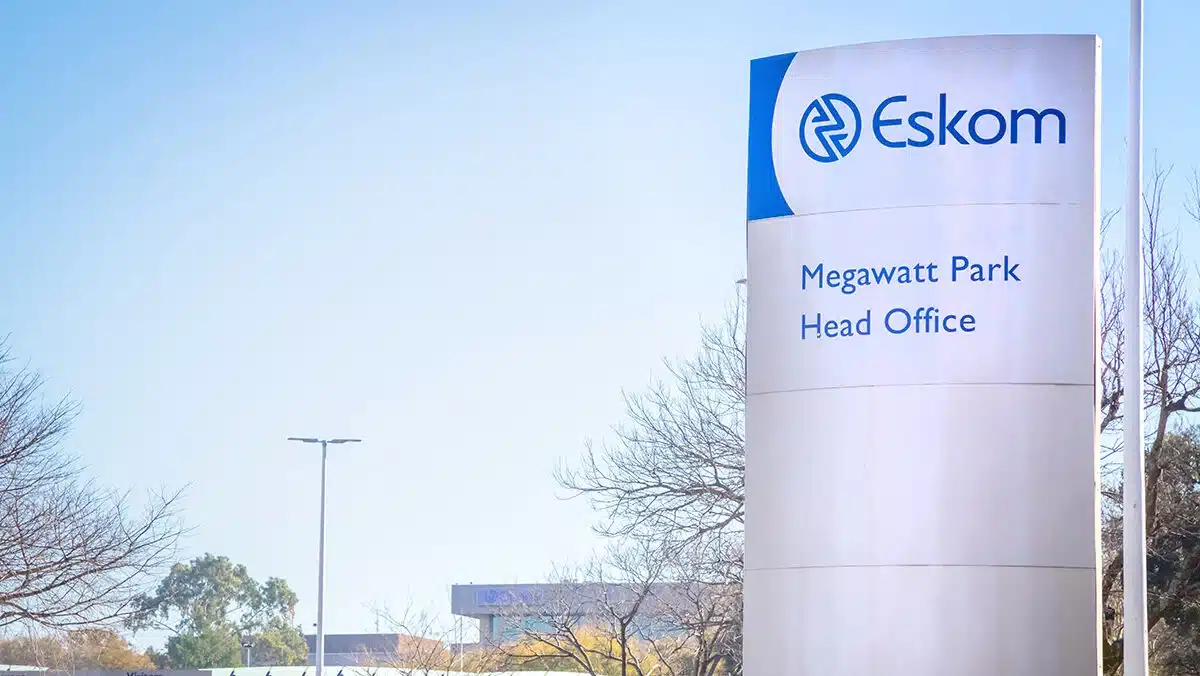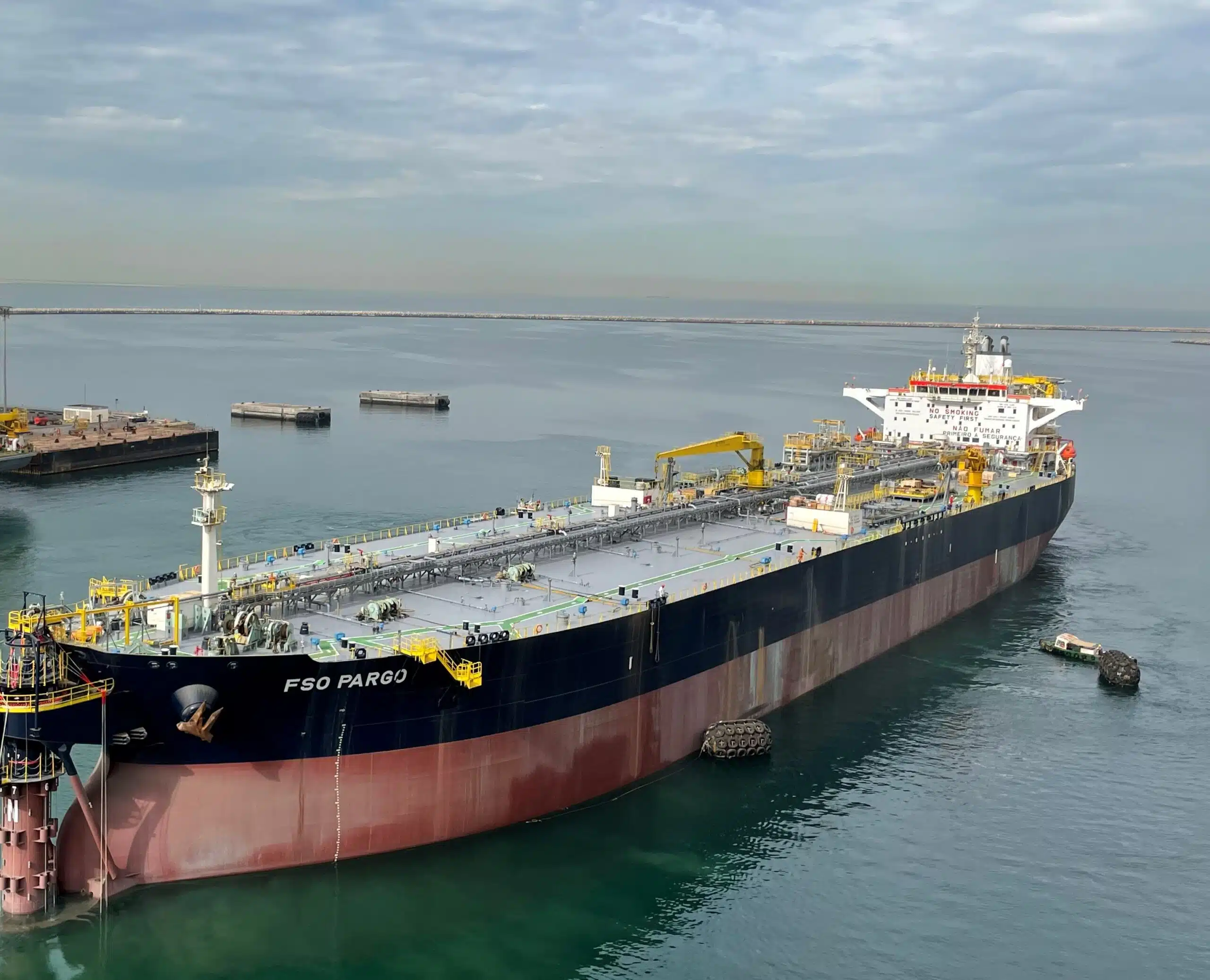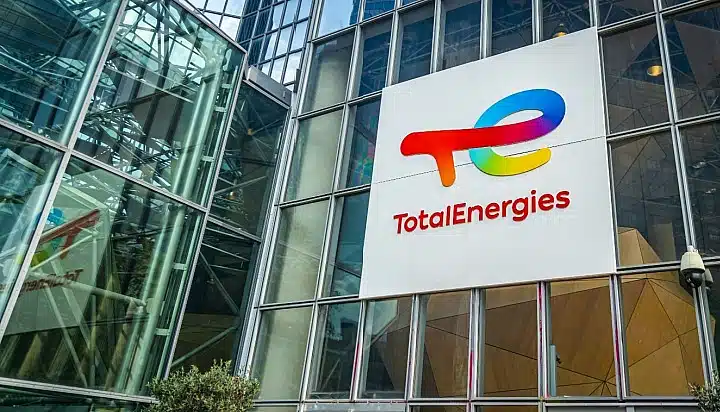Algeria is accelerating efforts to revitalize its upstream oil and gas sector through an ambitious multibillion-dollar five-year licensing program designed to attract global investors and unlock its vast hydrocarbon potential.
Since unveiling its new upstream development roadmap in 2024, the North African nation has moved aggressively to turn its energy ambitions into action.
Despite initial delays, the government now says results from its 2024 oil and gas licensing round—originally slated for April—will be announced in July 2025.
A second licensing round, known as “Algeria Bid Round 2025”, is scheduled for October, offering four to six new exploration areas identified by the country’s energy regulator.
The National Agency for the Valorization of Hydrocarbon Resources (ALNAFT) is leading the effort to position Algeria as a top investment destination by leveraging its vast untapped oil and gas reserves to enhance energy security and drive economic growth.
Massive resource potential
Algeria holds approximately 12.2 billion barrels of proven crude oil reserves, ranking it third in Africa after Libya and Nigeria.
Its natural gas reserves are estimated at 159 trillion cubic feet, just below Nigeria’s 210 Tcf.
In 2023, Algeria produced an average of 1.18 million barrels of oil per day and around 106 billion cubic meters of natural gas.
Beyond conventional resources, the country is home to substantial unconventional reserves, including shale gas and tight gas—further enhancing its long-term production potential.
2024 licensing round and beyond
Algeria’s first oil and gas bid round in a decade took place in 2024, offering six large onshore blocks spanning 152,000 square kilometers—an area larger than England.
The round included 17 projects aligned with the government’s strategy to ramp up gas production to 200 bcm/year over the next five years, up from the current 137 bcm.
The government extended the bid deadline to July to accommodate more interest from international companies.
ALNAFT says it expects successful bidders to sign either Production Sharing Contracts (PSCs) or Participation Agreements in line with Algeria’s 2019 Hydrocarbon Law.
$50 billion investment plan and investor-friendly reforms
Algeria plans to inject nearly $50 billion into hydrocarbon development projects over the next four years, with 71% of that funding allocated to exploration and production activities.
The five-year plan includes more than 20 upstream opportunities across the country.
“We need more exploration. Today, we have more than 240 discoveries waiting to be developed. We need to make more discoveries to increase our reserves. We are looking for companies who are strong in exploration,” said Mourad Beldjehem. President of ALNAFT.
As part of its reform drive, Algeria has revamped its regulatory framework to offer more flexible investment options to foreign oil and gas companies.
“We previously had one type of contract for partnership, and now we have three: production-sharing, concession, and risk service contracts,” Beldjehem added. “In Algeria, a contract is a holy document. We’ve worked with IOCs for over 35 years without issues around contract sanctity.”
Global partnerships is key for its energy leadership
To reinforce its upstream sector, Algeria is actively pursuing strategic partnerships with international oil majors like Chevron and ExxonMobil.
In January 2025, ALNAFT signed a key agreement with Chevron for offshore oil and gas exploration, underscoring its commitment to modernizing the industry and expanding into offshore frontiers.
At a time of volatile oil prices and global energy shifts, Algeria is positioning itself as a reliable energy partner—particularly for European markets seeking to diversify supply.
Its aggressive licensing strategy, investment incentives, and regulatory clarity make it one of Africa’s most compelling upstream investment destinations in 2025.

